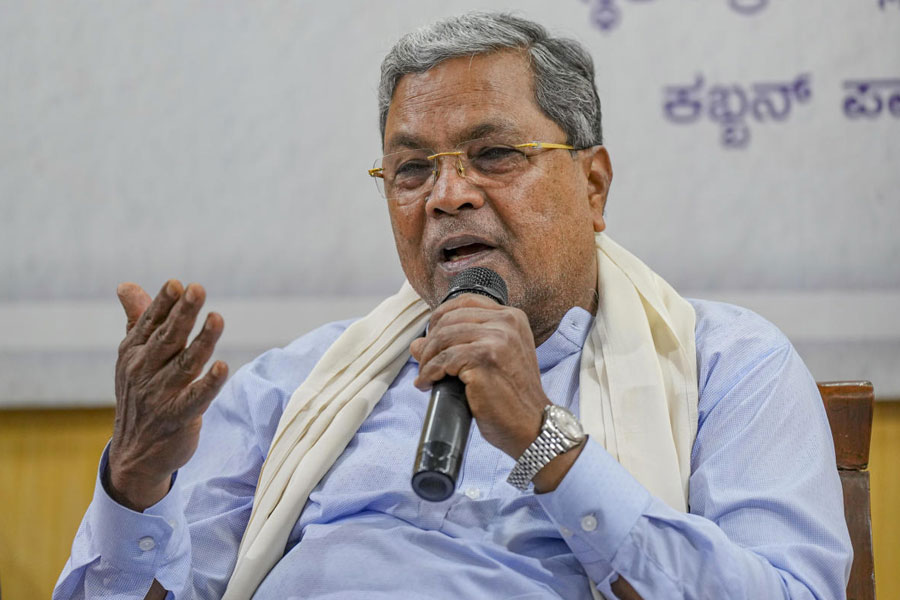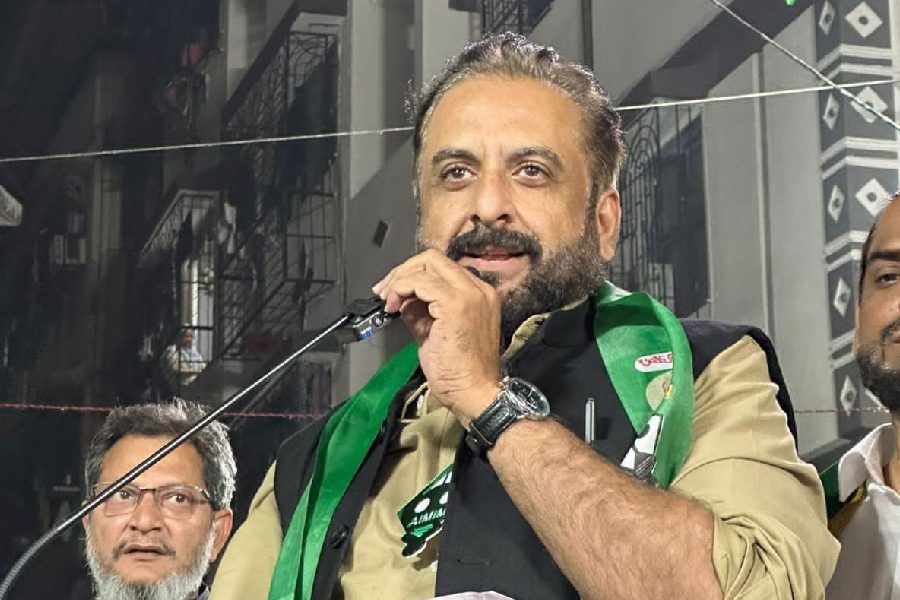The Indian politicians’ interest in caste is based on electoral math. Rahul Gandhi, to cite one example, is adamant that the Congress’s political resurgence is contingent upon the exercise of a national caste census. Effective caste mobilisation has been central to the Bharatiya Janata Party’s electoral dominance as well. But caste can also be the proverbial double-edged sword in politics. Karnataka’s Congress government has found this out in the wake of some of the findings of the state caste survey. The survey, which is set to be discussed today, found, for instance, that the population of other backward classes in Karnataka is much higher than existing estimates. This is likely to strengthen the demands for greater political representation and higher resource allocation from this constituency. But there are embedded complications. The populations of Vokkaligas and Lingayats — these two communities dominate Karnataka’s politics and also enjoy reservation under the categories III A and III B of the state’s reservation policies for OBCs — were found to be lower than current estimates. The survey’s emphasis on raising the quota for such communities as the Kuruba — the chief minister belongs to this group — and the Kurubas’ inclusion into a new quota are likely to be contested. Competing demands from competitive caste groups are not the only problem. There are legal quandaries too since an expansion in the OBC quota along with the proportional rise in quotas for minorities and other groups could breach the 50% ceiling set by the Supreme Court.
In Karnataka, the Congress draws its strength from a rainbow coalition of caste configurations. Finding a balance acceptable to all claimants in this competitive business of quotas could prove to be difficult for the party. A disproportionate disbursal of the slices of the reservation pie, on the contrary, could dismantle the Congress’s carefully-built caste pyramid. This would have crippling electoral consequences for the Congress. Whether the Congress manages to find a way out of the caste conundrum remains to be seen. But there is a reason why parties shelve plans for caste censuses when they are in power. Finding a way to meet the demands of competing social groups in terms of quotas and other benefits is a challenging business.










